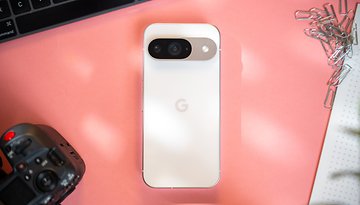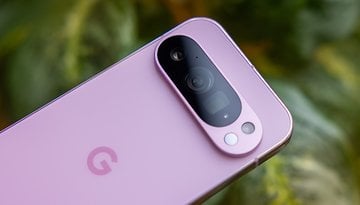How tech took over the fitness industry: are we really getting in shape?
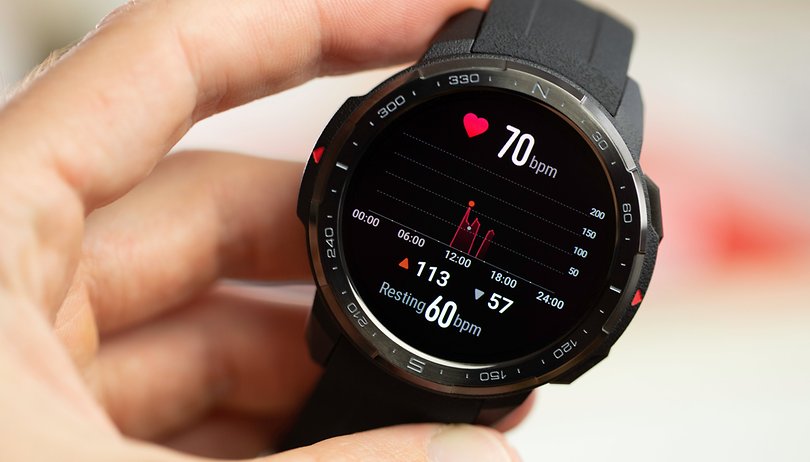

There is a clear and growing trend in the tech industry when it comes to fitness-focused products and services, and in 2020 we’ve only seen things moving in one direction. Anyone who been to a trade show like CES of IFA in the last two years will have witnessed it first hand. It has never been easier to ‘buy yourself fitter’, but how much of an impact is smart tech really having on the health of our populations?
Smartwatches have switched focus
Perhaps the most obvious market where fitness has become the focus of new technology is in the wearables space. I remember that when smartwatches first started to come out the focus was initially on using your smartphone less. The early devices were sold as smartphone companions - something to read notifications on and carry out small tasks without the need to pull your smartphone out of your pocket 50 times a day. The birth of digital wellbeing through more screens was born - still an oxymoronic concept to many.
Fast-forward to 2020 and smartwatches have become almost entirely fitness and health-focused. Those of you who watched the recent Apple event will have seen what I’m talking about in black and white. Apple Watch dominates the smartwatch market, and the product is putting health and fitness at the very center of its purpose. Blood oxygen saturation landed on Apple Watch this year, and with Apple Fitness+, a new subscription service designed specifically for the watch will launch later this year.
The spin-off fitness trackers are also evolving. The early versions were little-more than step-counters, urging people to hit the magic 10,000 steps per day target - an arbitrary goal I have already debunked as a being derived from a Japanese pun that dates back to the 60s. The latest iterations can now track tens of physical activities and SpO2 monitors are already available on affordable products such as the Honor Band 5.
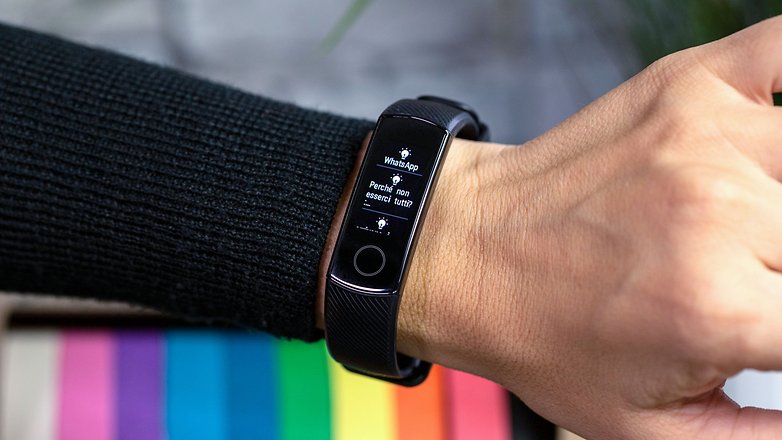
So smartwatches are no longer interested in making us looks at our phones less, but promise to make us fitter and healthier. Obviously they don’t hurt people looking to get in better shape, but this idea of quick, purchasable fix to your health problems is older than time itself, and the trend worries me.
Software subscriptions instead of gym memberships
One of the main promises of fitness tech over the years is that it puts an end to the need for expensive gym memberships. You don’t need a personal trainer if your smartwatch or smartphone has all the knowledge and expertise available on it. But it didn’t take long for tech companies to start monetizing our fitness goals, did it?
Subscription services for specialized physical activities have been around for a while. Yoga apps spring to mind here, where you can pay a small monthly fee to follow training sessions of your mobile device. Companies like Peloton and its competitors have taken things to the next level for cycling enthusiasts. The exercise bike and subscription service is both a home fitness solution and a lifestyle choice for Silicon Valley fitness hackers. If you’ve got the cash, you too can be the next Eddy Merckx with added AirPods.
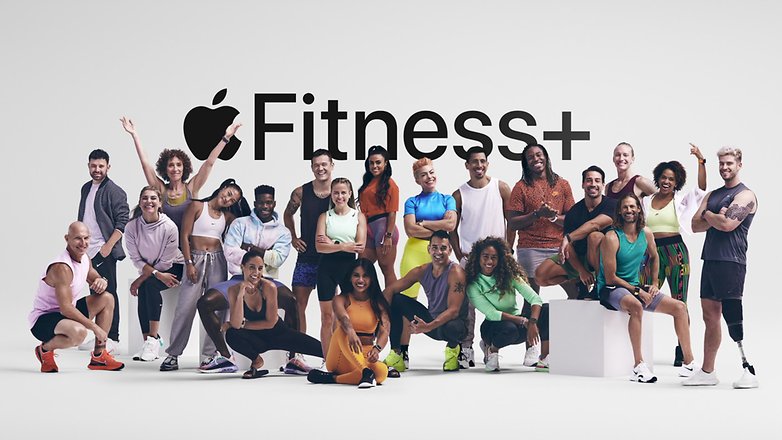
With Apple Fitness+, the Cupertino giant is targeting a mainstream audience with its latest subscription service. It costs $9.99 per month or $79.99 a year - cheaper than most gym memberships - but it’s another 10 bucks to add your growing list of ‘essential’ monthly payments that have crept into all corners of our lives.
Both the change in focus of smartwatches and the introduction of subscription services essentially aim to solve the single, enormous hurdle that prevents the majority of people from keeping fit - motivation!
The old ethos for joining a gym over, say, going jogging, was that if you are paying a monthly fee you have a financial incentive to actually get off of the sofa. Your conscience is supposed to kick in when you skip a session. You’re meant to feel guilty that you are paying for something you are not using. In a way, services like Apple Fitness+ go some way to providing this same motivational push.
The data problem that nobody talks about
The problem with putting your health in the hands of a major tech company is the question of what happens to all that data. Some concerns about personal health data were raised in the NextPit community when we first began reviewing wearables, but this seems to have died down as consumers become more comfortable with the smartwatch concept. One of the main worries, however, was that your personal fitness data could be shared with health insurers and thus affect your premiums.
In Singapore, this has become a reality. The government has teamed up with Apple on a new health initiative called LumiHealth. Designed by Singapore’s Health Promotion Board, which worked closely with Apple, the program is intended to encourage Singaporeans to complete wellness challenges through their Apple Watch and iPhone. By completing these challenges, can earn rewards worth up to S$380 (around 179 US dollars) over the two-year duration of the program.
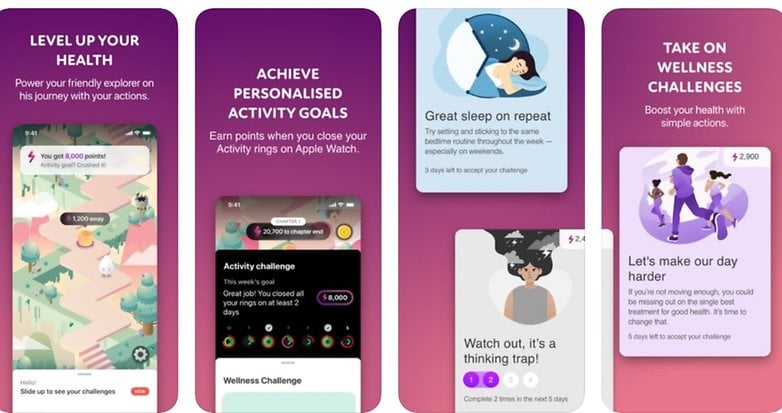
So your government will know whether you went out for a run or sat on your arse. And that’s before we get into everything else that is becoming smart. LifeBEAM makes bio-sensing headphones for real-time training feedback, Bowflex will sell you smart dumbbells that can count your reps, smart sports clothing is becoming a thing, and your water bottle can tell you when it’s time to take the next sip.
Having access to this data and analytics is surely a benefit to those who take their fitness seriously, but do any of these products solve the age-old problem that remains the biggest reason why our developed nations are struggling with populations that are out of shape? I’m not so sure.
Does any of this tech make a real difference?
A lot of this new smart fitness tech feels to me like a bit of a marketing scam. It’s easier to get an Apple Watch and a Fitness+ subscription than to drag yourself out of bed to run 5km before work, isn’t it? Or does the first make the second easier? The same way the beauty industry plays on our insecurities about appearance, technology is striking the same chords and packaging it as healthy living. It is happening in terms of mental wellbeing at the same time, and that’s even more worrying.
Perhaps I am blinded by my own personal experience with this new wave of fitness tech. Whilst I have been, and on my better weeks like to think I still am, a half-decent middle-distance runner and an average amateur footballer, I have struggled with motivation to keep fit as I’ve gotten older.
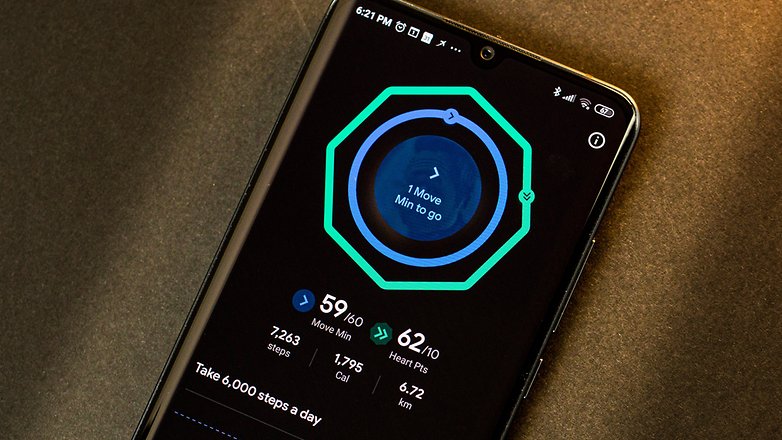
I am always keen to get out there and run a few kilometers when testing a new smartwatch, but once the professional obligation expires upon publication of the review, so does my drive to keep using the product. Motivation remains internal for me, and no amount of data or gamification has managed to grip me so far. Saying that, the German government does not yet offer a financial incentive for me to keep my Apple Watch stats in good shape, as Singaporeans have. I do wonder if this boom will inevitably reach a moment of bust.
I don’t really have a conclusion to draw here. After all, I can only speak from my own personal experience. I’d like to hear about your experiences with smart tech in terms of your own fitness goals though. Who out there has improved their health as a direct result of advances in this technology? And who, like me, has found it to be a welcome distraction but not a habit-changing incentive?
Share your thoughts in the comments below.





